The tradition of characterizing individual tonalities stretches back to Plato’s affectionate and frequent reference to harmonia, the ethical characterization of musical types. During the Enlightenment, debate around the affective properties of musical keys started searching for psychological explanations to these long-held emotional associations. This discourse was not based in scholarly analysis of acoustics but rather subjective interpretation—opening the topic up to thinkers from Rousseau to d’Alembert. The poet-composer C.F.D. Schubart’s descriptions in his Ideen zu einer Ästhetic der Tonkunst (1784) became the subject’s most influential catalog, finally capturing the truly human texture concealed in the unarticulated depths of each individual key’s musical experience.Schubart appealed to the Romantic imagination with his fantastical metaphors, grand emotions, and stormy style. Borrowing musicologist Rita Steblin’s translation, we’ve tried to continue this grand tradition by suggesting the musical key for a few canonical works of fiction—employing the full extent of the genre’s customary poetic license.
—Prashanth Ramakrishna, Theodore Gioia, and Claire Boyle
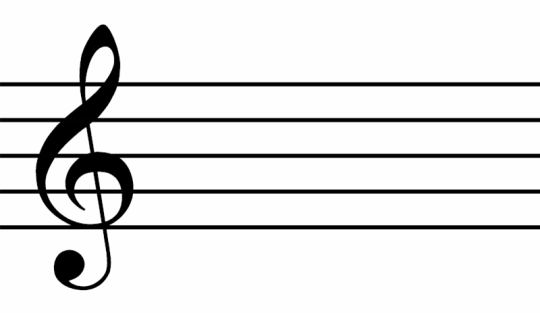
C major: Completely Pure. Its character is innocence, simplicity, naivete, children’s talk.
“Nobody can be uncheered with a balloon.”
—A.A. Milne, Winnie the Pooh
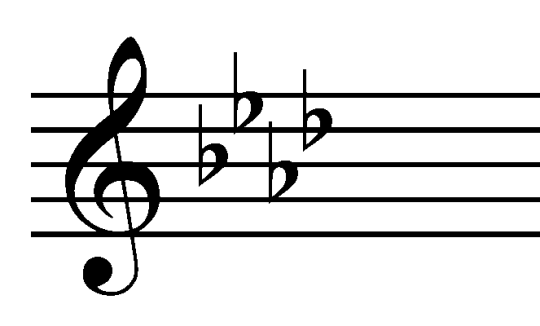
C minor: Declaration of love and at the same time the lament of unhappy love. All languishing, longing, sighing of the love-sick soul lies in this key.
“It takes two to make an accident.”
—F. Scott Fitzgerald, The Great Gatsby
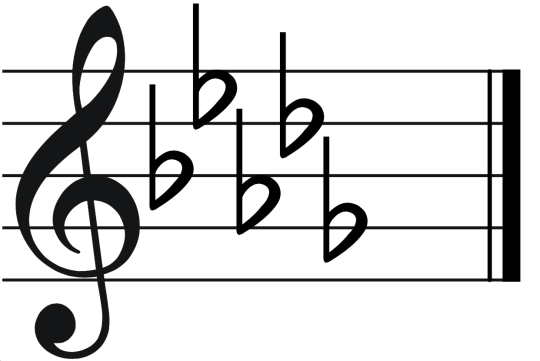
D-Flat Major: A leering key, degenerating into grief and rapture. It cannot laugh, but it can smile; it cannot howl, but it can at least grimace its crying. Consequently, only unusual characters and feelings can be brought out in this key.
“This was not of the nature of a Christlike lesson for Owen Meany to learn, as he lay in the manger, that someone you hate can give you a hard-on.”
—John Irving A Prayer for Owen Meany
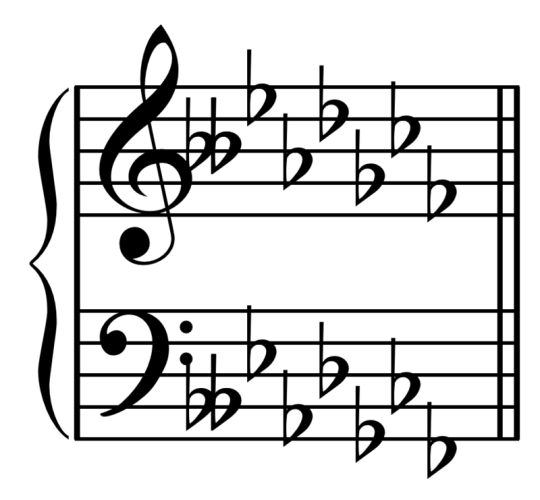
D-flat minor: Feelings of the anxiety of the soul’s deepest distress, of brooding despair, of blackest depression, of the most gloomy condition of the soul… If ghosts could speak, their speech would approximate this key.
“Catherine Earnshaw, may you not rest as long as I am living; you said I killed you—haunt me, then!”
—Emily Brontë, Wuthering Heights
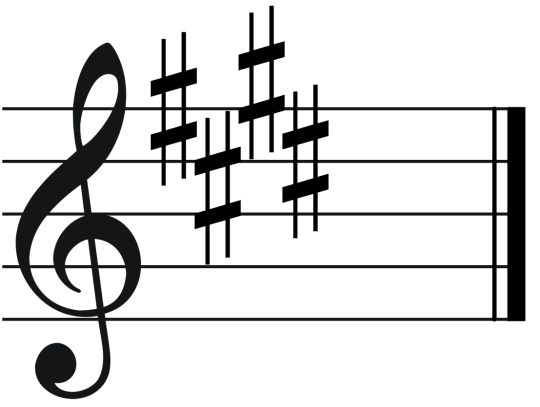
E major: Noisy shouts of joy, laughing pleasure and not yet complete, full delight lies in E Major.
“The snozberries taste like snozberries!”
—Roald Dahl, Charlie and the Chocolate Factory

E-flat major: The key of love, of devotion, of intimate conversation with God.
“Grace has a grand laughter in it.”
—Marilynne Robinson, Gilead
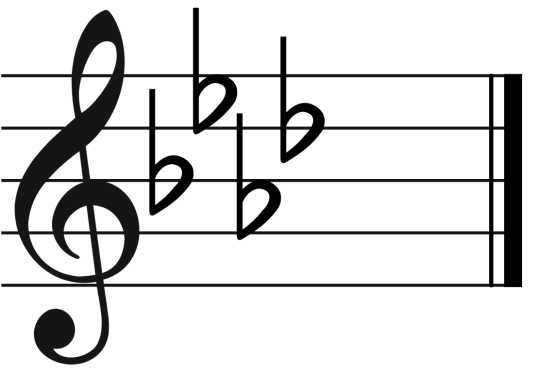
F minor: Deep depression, funereal lament, groans of misery and longing for the grave.
“The matured idea is enough in itself...
You have reached your article limit
Sign up for a digital subscription and continue reading all new issues, plus our entire archives, for just $1.50/month.
Already a subscriber? Sign in




